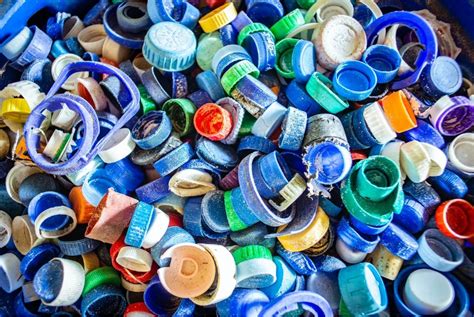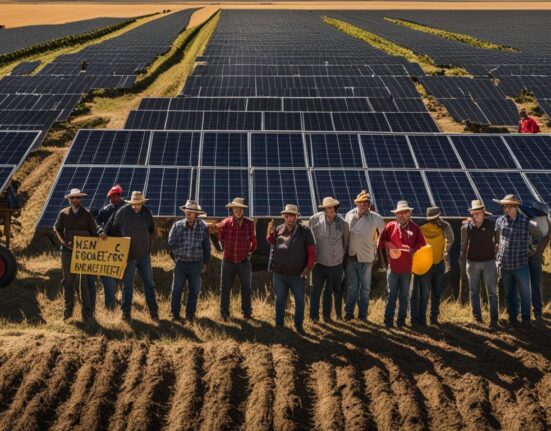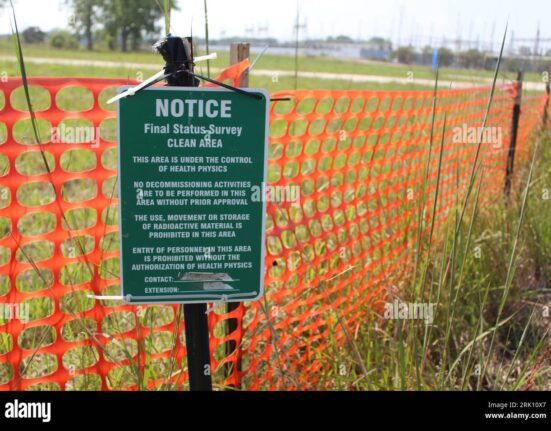In the aftermath of the failed United Nations negotiations to combat plastic pollution, Saudi Arabia emerges as a formidable player in the global arena. While countries like those in the European Union are striving for high environmental standards, Saudi Arabia’s stance on plastic production poses a significant challenge to achieving consensus.
A Diplomatic Showdown
During recent talks in Busan, South Korea, Saudi Arabia spearheaded efforts alongside nations such as Russia and Iran to block initiatives aimed at curbing plastic production. This move reflects Saudi Arabia’s pivotal role as the world’s largest crude oil exporter, emphasizing its vested interest in maintaining a thriving plastics industry amidst evolving energy trends.
The Environmental Divide
On one side of the debate stand countries like those within the EU, prioritizing environmental preservation over economic interests tied to plastic manufacturing. The mounting concern over plastic pollution infiltrating oceans and ecosystems underscores the urgency for collective action to safeguard our planet and well-being.
As negotiations unfold behind closed doors, each delegation strategically navigates alliances and strategies to advance their agenda. For Saudi Arabia, rallying support among oil-producing nations consolidates its influence and amplifies its voice on critical issues shaping international policy.
Tensions and Tactics
The diplomatic battlefield witnesses intricate maneuvers as countries vie for leverage and sway over pivotal decisions regarding plastic regulation. Accusations of divisive tactics by Saudi Arabia shed light on attempts to steer conversations towards financing rather than stringent pollution control measures.
While discussions around funding mechanisms surface as contentious topics during negotiations, fundamental disagreements persist between developed and developing nations on sharing financial responsibilities for implementing anti-plastic measures. This lingering discord underscores deeper rifts that must be bridged to achieve meaningful progress.
Building Bridges Beyond Borders
As stakeholders gear up for upcoming rounds of talks, a sense of urgency pervades efforts to forge robust coalitions that transcend geopolitical divides. The imperative lies in fostering collaboration and solidarity among nations with varying priorities but a shared commitment towards combating plastic pollution.
The looming shadow of political transitions adds another layer of complexity to future deliberations, with uncertainties surrounding how incoming administrations might shape global agendas on environmental stewardship. The prospect of disruptive forces aligning poses challenges that necessitate proactive strategies from proactive stakeholders committed to sustainability goals.
In this dynamic landscape of international diplomacy, navigating competing interests demands finesse and strategic foresight from all involved parties. As negotiations evolve beyond rhetoric into concrete actions, the true test lies in translating intentions into impactful policies that safeguard our planet for generations to come.









Leave feedback about this